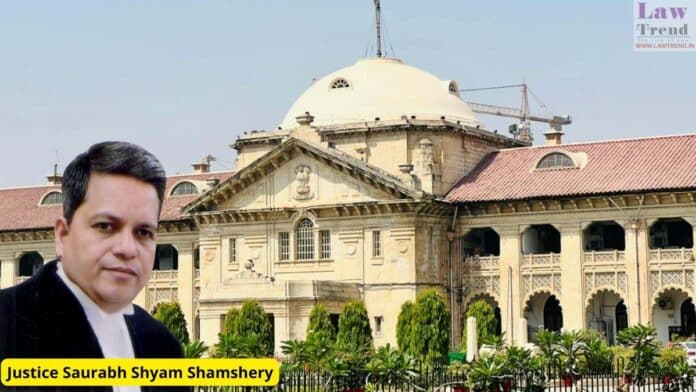In a significant judgment, the Allahabad High Court has clarified the jurisdictional aspects of trials under Sections 494 and 495 of the Indian Penal Code (IPC). The decision, rendered by Justice Saurabh Shyam Shamshery, affirms that a trial can be held at the place where the first wife permanently resides after the commission of the
To Read More Please Subscribe to VIP Membership for Unlimited Access to All the Articles, Download Available Copies of Judgments/Order, Acess to Central/State Bare Acts, Advertisement Free Content, Access to More than 4000 Legal Drafts( Readymade Editable Formats of Suits, Petitions, Writs, Legal Notices, Divorce Petitions, 138 Notices, Bail Applications etc.) in Hindi and English.




